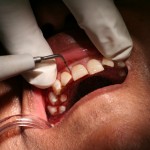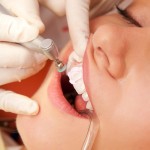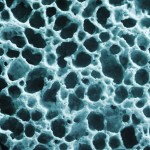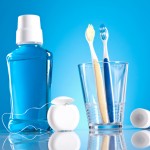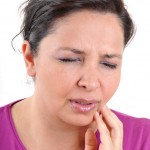
This review of dentine hypersensitivity treatment was broad, covering 11 agents and 105 RCTs. Most treatments suggested some benefits but the quality of available evidence was limited and there was little information on the relative effectiveness of the various agents.
[read the full story...]